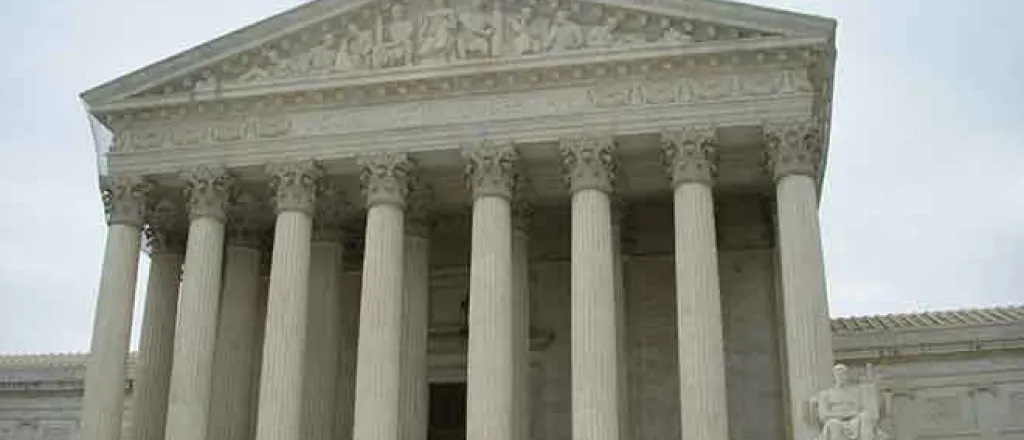
U.S. Supreme Court to hear Colorado’s, Washington's ‘faithless elector’ cases
By Derek Draplin | The Center Square
The United States Supreme Court said Friday that it would hear Colorado’s and Washington's "faithless elector" cases.
Colorado petitioned the court in October to consider a 10th Circuit Court of Appeals ruling in Baca v. Colorado Department of State, which found it was unconstitutional for Colorado’s Secretary of State to order the removal of an Electoral College elector during the 2016 election for refusing to cast his vote for Hillary Clinton, who won the popular vote in Colorado.
That elector, Micheal Baca, was labeled a “faithless elector” for supporting John Kasich rather than Clinton, and was subsequently removed and replaced with an alternate electoral voter.
In November, 22 states filed an amicus brief to the court in support of Colorado’s petition.
Colorado Secretary of State Jena Griswold said in a statement Friday that she hopes the Supreme Court will rule to “protect the rights of states to enforce their laws and defend the rights of Americans to choose the U.S. President.”
“Unelected and unaccountable presidential electors should not be allowed to decide the presidential election without regard to voters' choices and state law,” she said.
Colorado Attorney General Phil Weiser said it’s important that the case be decided before the 2020 election.
“Having the U.S. Supreme Court resolve this critical question about the foundation of our democracy before the 2020 election will avoid the uncertainty, chaos, and confusion that would arise in the wake of post-election litigation,” he said.
“As this case proceeds, I will vigorously defend the people of Colorado before the Court and work hard to ensure that the Electoral College ballots of electors reflect the will of voters in Colorado,” Weiser added.
In the state of Washington, three faithless electors voted for former U.S. Secretary of State Colin Powell instead of Clinton, who won the popular election. They state fined each $1,000 and the Washington Supreme Court upheld the fines in 2019.
Under the U.S. Constitution, the presidential winner is not determined by the outcome of the national popular vote, but by securing a majority of the electoral votes from the 50 U.S. states and the District of Columbia.
Electoral College electors, who are determined by voters, cast these votes.

















